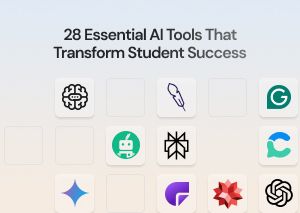Frequently Asked Questions About Best AI Tools for Students in 2025
More topics you may like
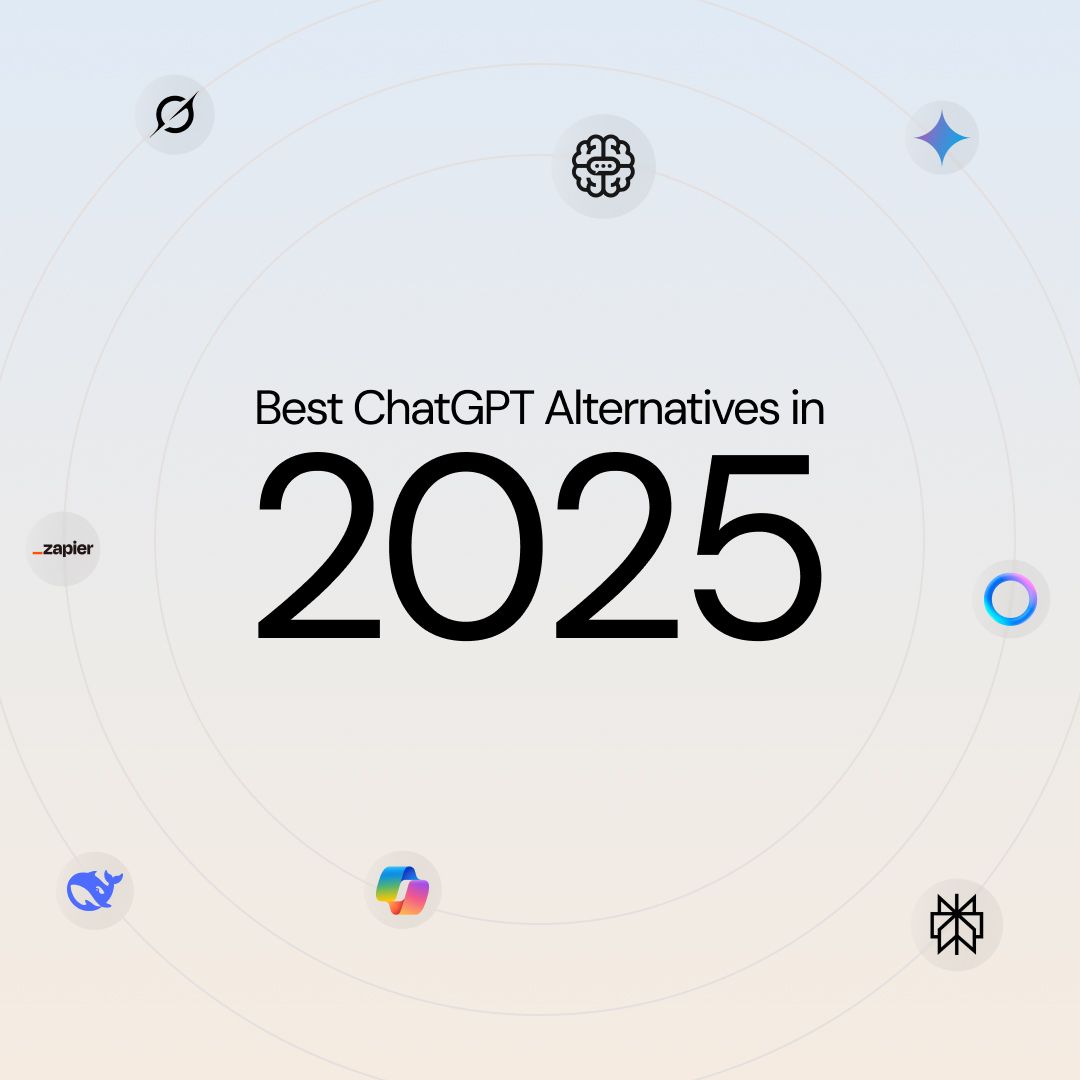
11 Best ChatGPT Alternatives (Free & Paid) to Try in 2025 – Compare Top AI Chat Tools

Muhammad Bin Habib
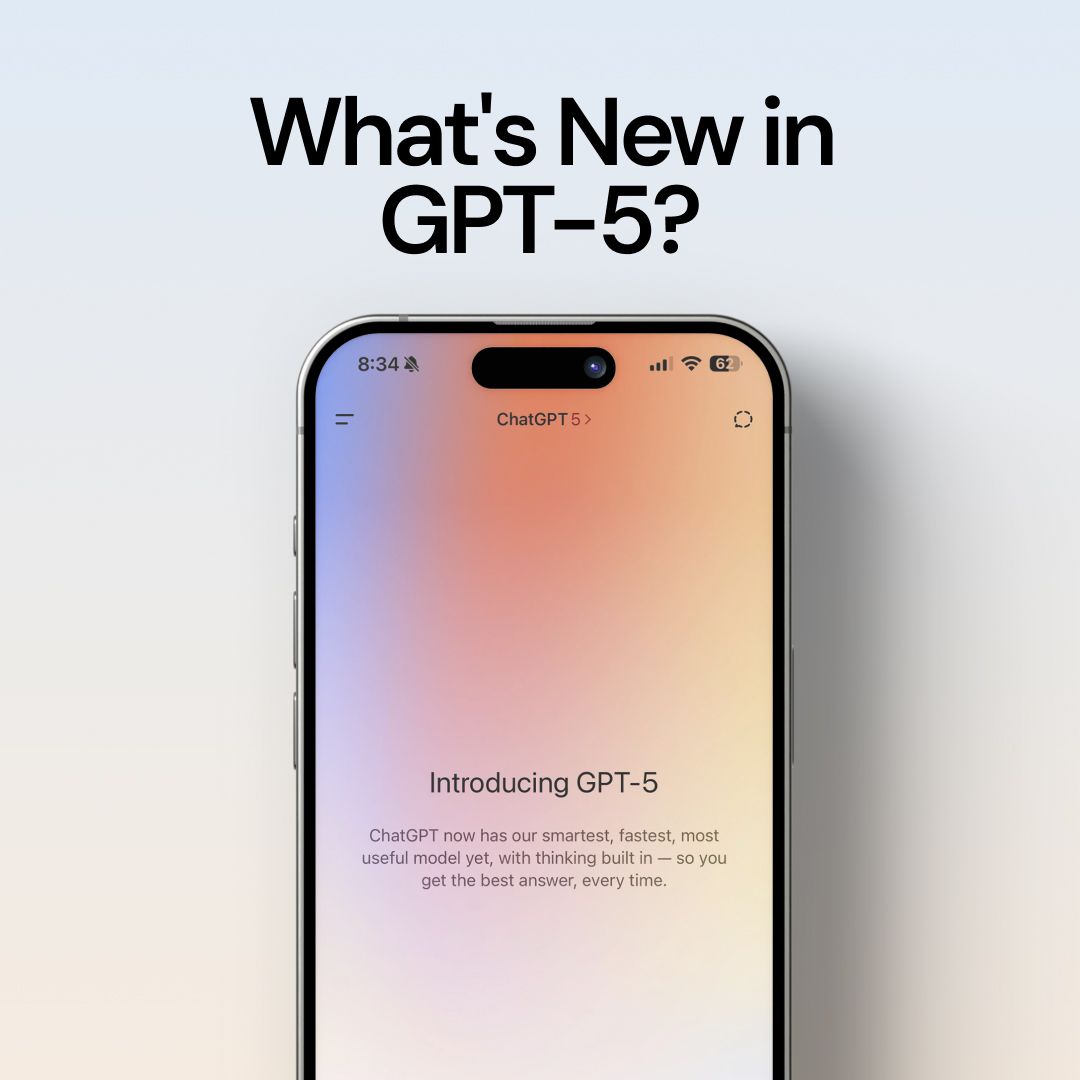
Introducing GPT-5 by OpenAI: Everything You Need to Know About This Flagship Model

Muhammad Bin Habib

How to Use AI Chat for Influencer Campaigns in 2025

Muhammad Bin Habib
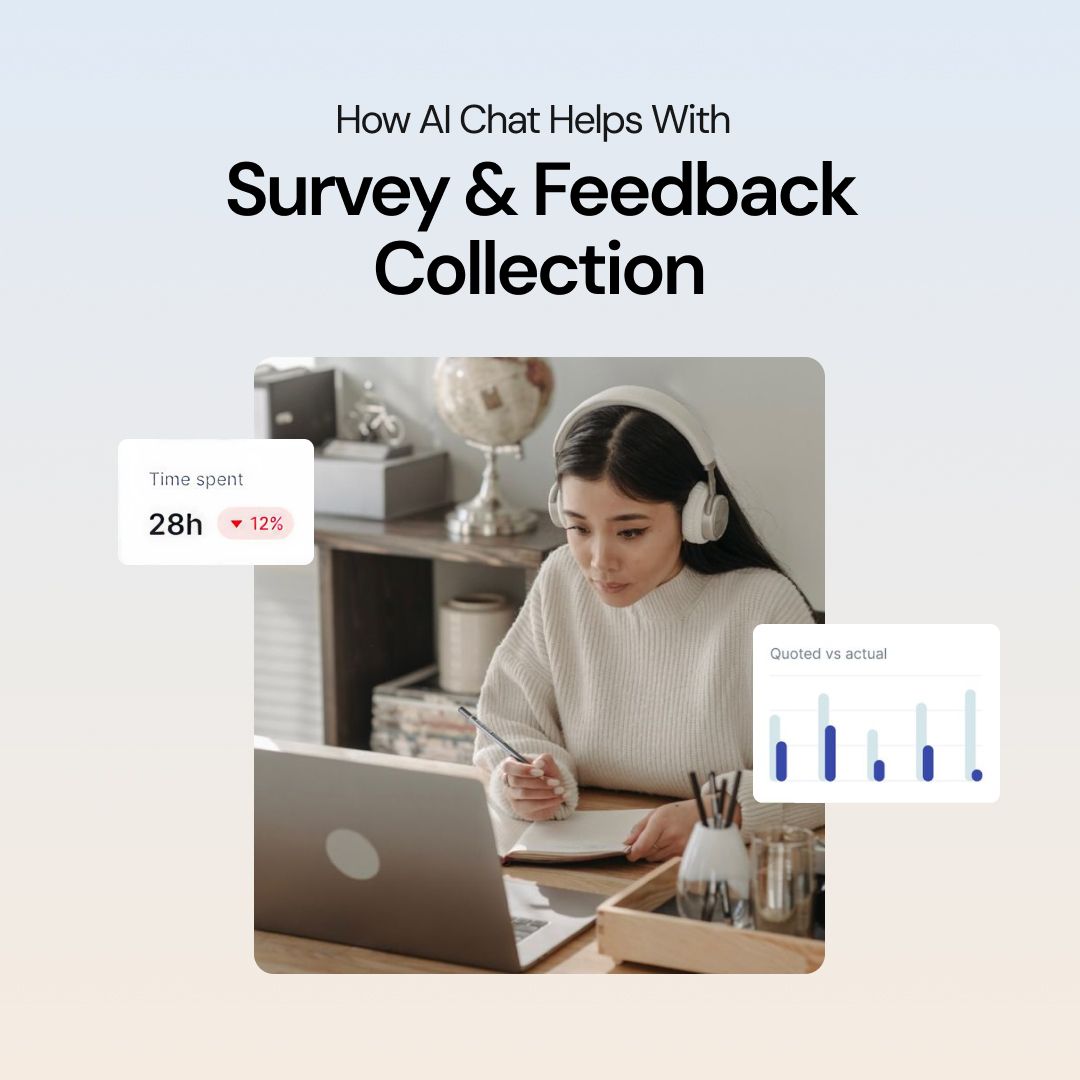
How AI Chat Helps with Survey & Feedback Collection

Muhammad Bin Habib
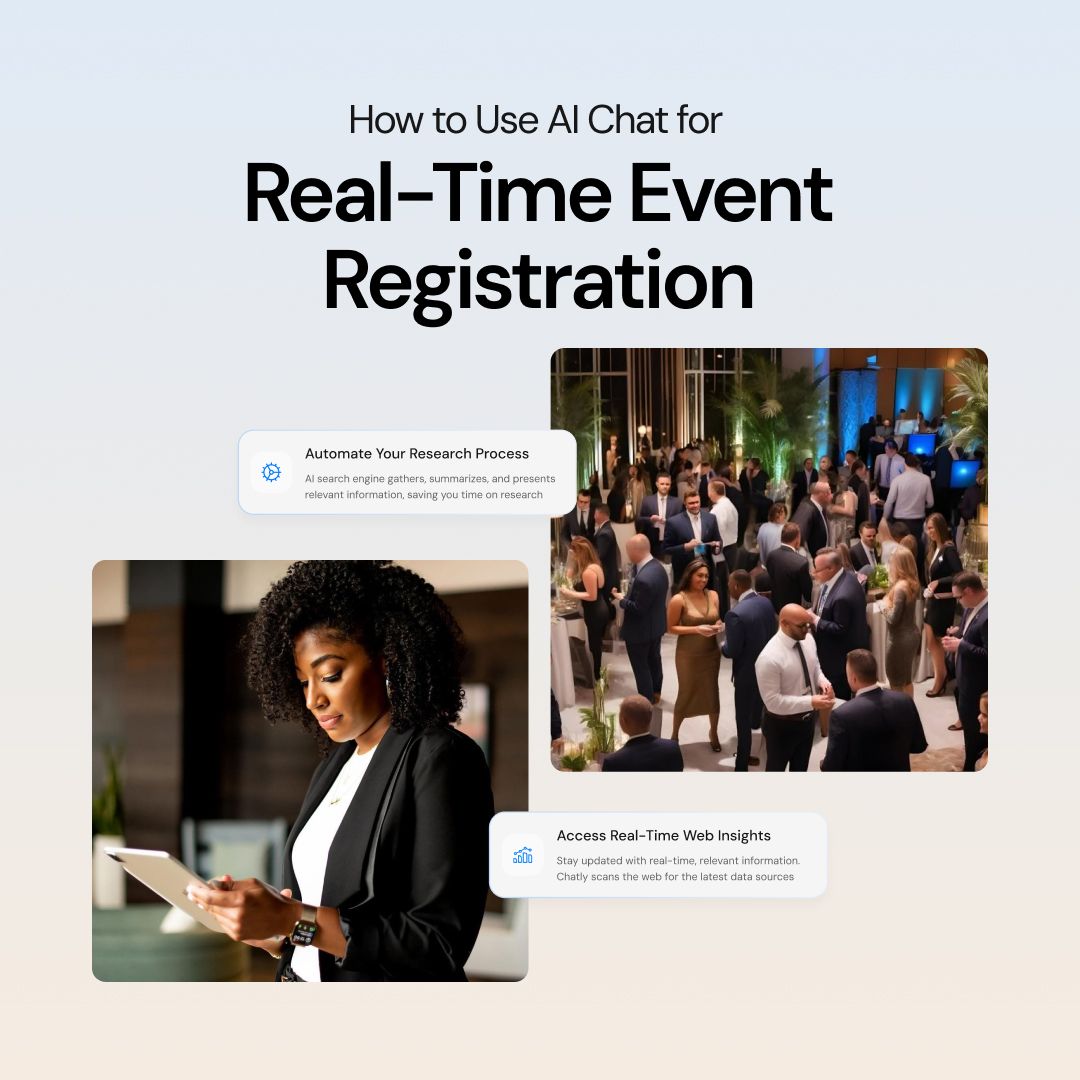
How to Use AI Chat for Real-Time Event Registration with Chatly

Muhammad Bin Habib
